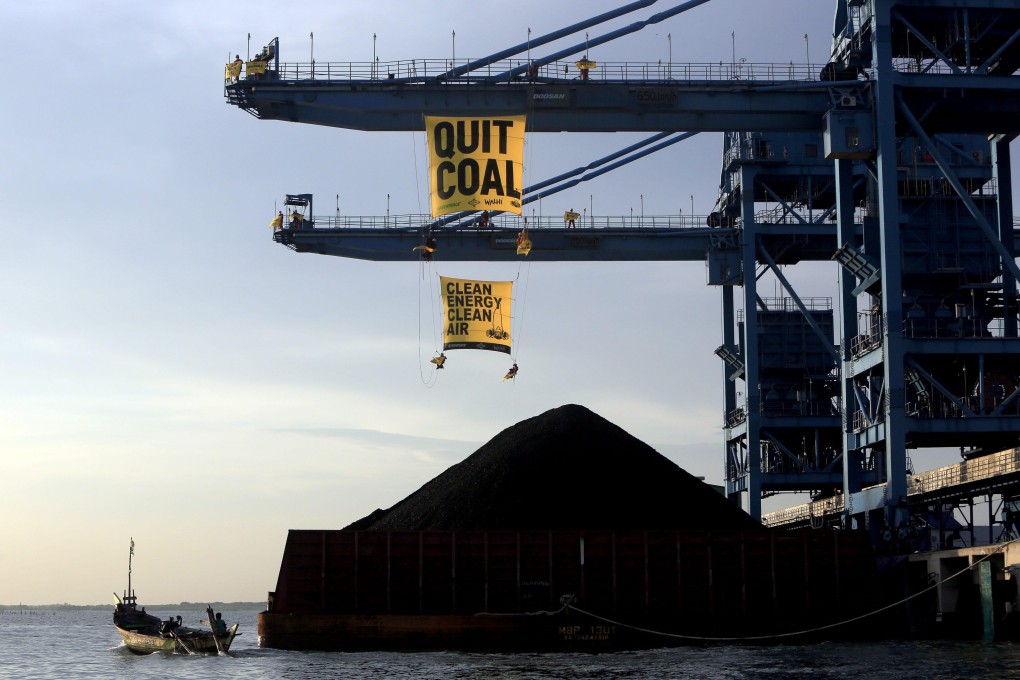Advertisement
Opinion | Amid an energy crisis, relying on foreign-backed coal projects will cost developing nations dearly
- Foreign-backed coal is not a strategic, long-term energy solution. It could leave countries with stranded fossil fuel assets, economic volatility and energy dependency as investors turn towards renewables
Reading Time:3 minutes
Why you can trust SCMP
0

The war in Ukraine has resulted in significant shocks to global energy costs, with gas prices in March rising to their highest level since 2008. Energy security has arguably never been more central in the economic discourse. Amid a tumultuous geopolitical landscape with economic shocks around every corner, resilience is in high demand.
With prices remaining volatile and inflation on the rise, the costs to consumers and the gross domestic products of countries around the world – particularly those hosting foreign-backed fossil fuel projects – are being laid bare.
Government reactions have largely involved the reintroduction of fossil fuel subsidies and a renewed interest in increasing domestic oil and gas production in the short term to curb reliance on imports. But with more countries committing to ending financing for fossil fuel projects abroad, this course of action will be no less risky for countries that continue to rely on overseas financing.
Chinese banks are the main funders of fossil fuel projects in countries across Asia and Africa – notably, the Industrial and Commercial Bank of China (ICBC) is a major financial adviser for the East African Crude Oil Pipeline, and for many coal-fired power plants in South Africa, Indonesia, Vietnam and Bangladesh.
Chinese President Xi Jinping’s announcement that the country would no longer build new coal-fired power plants abroad, at last year’s UN General Assembly, did not detail the fate of existing projects or those in the pipeline.
With at least 15 China-backed coal-fired power projects cancelled since the announcement and more than a third of new overseas projects in the “grey area” facing abandonment, affected communities, civil society and policymakers are looking to see how Chinese banks, insurers and developers implement China’s no-new-coal commitment on the ground.
Advertisement
.JPG?itok=OPuueDtY&v=1667901020)